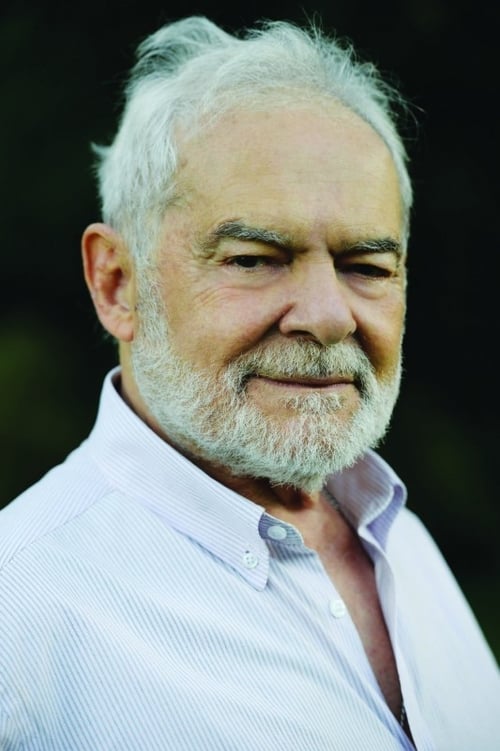
Othon José de Almeida Bastos (Tucano, May 23, 1933) is a Brazilian actor. He is known for Black God, White Devil (1964), São Bernardo (1972) and O Paciente: O Caso Tancredo Neves (2018).
Explore all movies appearances
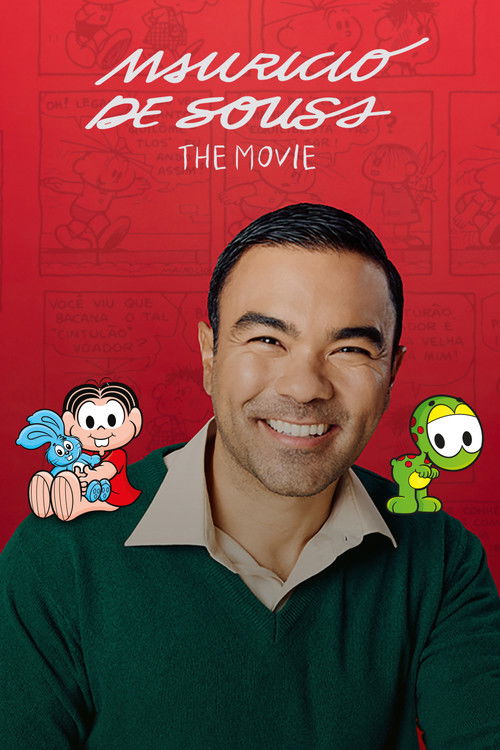
Discover the story of the father of the gang: Mauricio de Sousa, Brazil’s most important comic artist, and how he created his most famous characters. Responsible for bringing to life iconic figures that have marked generations, the film stars Mauro Sousa, the artist’s son. The production follows Mauricio’s journey from childhood, through his discovery and passion for comics, to the creation of a career once considered impossible and his adventures to make a living and achieve professional success.
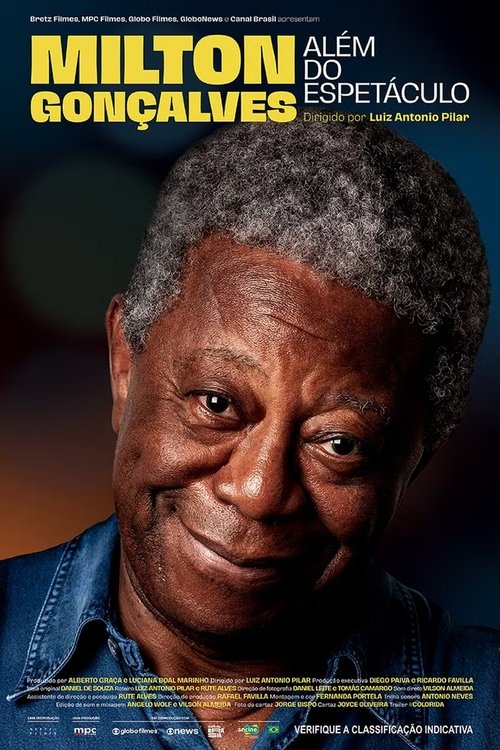
This biopic documents the life and work of one of Brazil’s most prolific artists: Milton Gonçalves. This actor and director are credited with more than sixty television titles, seventy movies and twenty plays. Known from classic full-length features like Macunaíma, They Don't Wear Black Tie and Kiss of the Spider Woman, his dramatic versatility also encompasses major Brazilian soap operas, including O Bem Amado and Roque Santeiro. With his talent, he overcame barriers faced by many Black performers in Brazil. An active on-screen and on-stage presence since the 1950s, his name is synonymous with the history of Brazilian television, theatre and cinema, making him a landmark talent in the performing arts world.
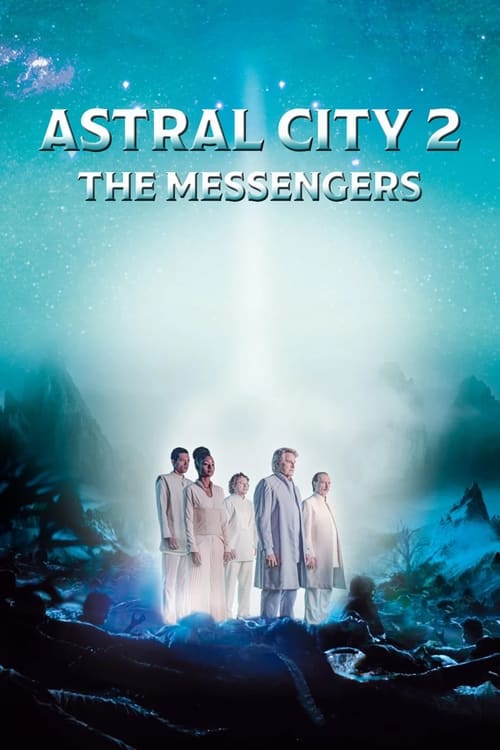
A group of messenger spirits led by Aniceto, including doctor André Luiz, are tasked with going to Earth to help rescue three proteges whose interconnected stories are about to fail.
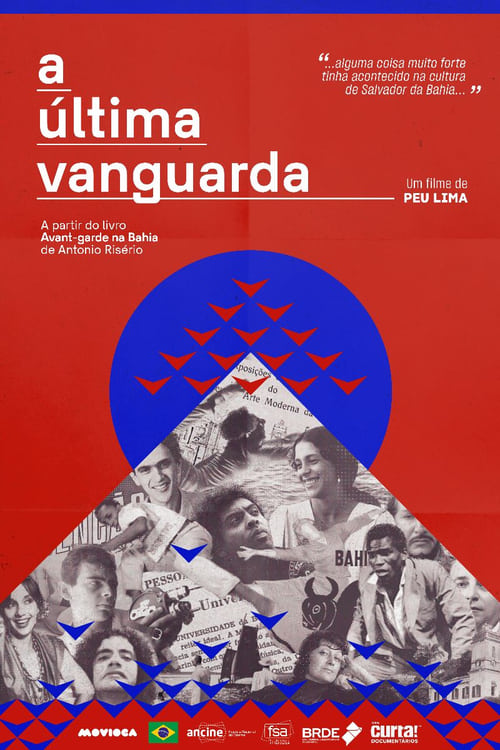
70 years ago, a visionary management in education and culture as a political strategy for the dissemination and development of Bahia gave rise to an artistic vanguard that still impacts Brazilian culture today.

The film tells the story of a retired physics professor who meets a man who is thinking about ending his own life.
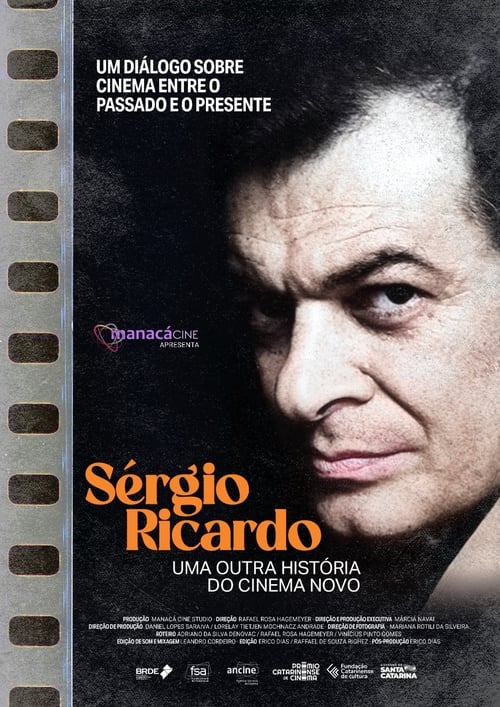
No plot available for this movie.
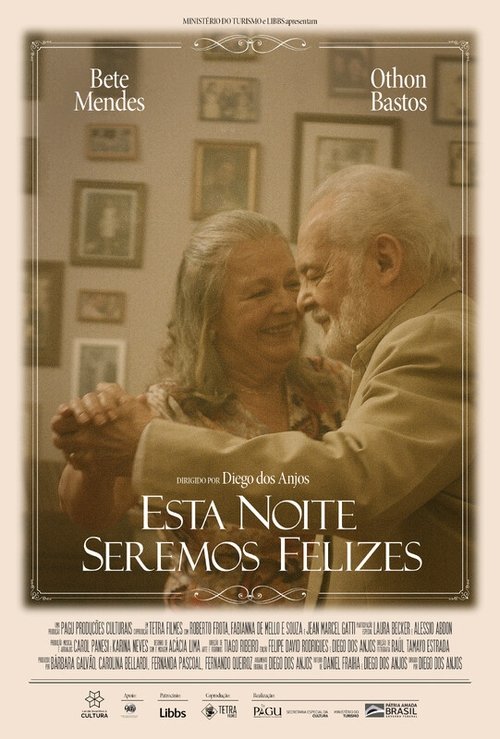
Two 80-year-olds, Miss. Daisy and Mr. Carlos, meet every week at the "Tonight We Will Be Happy" ball to live a delicate and nostalgic love story.
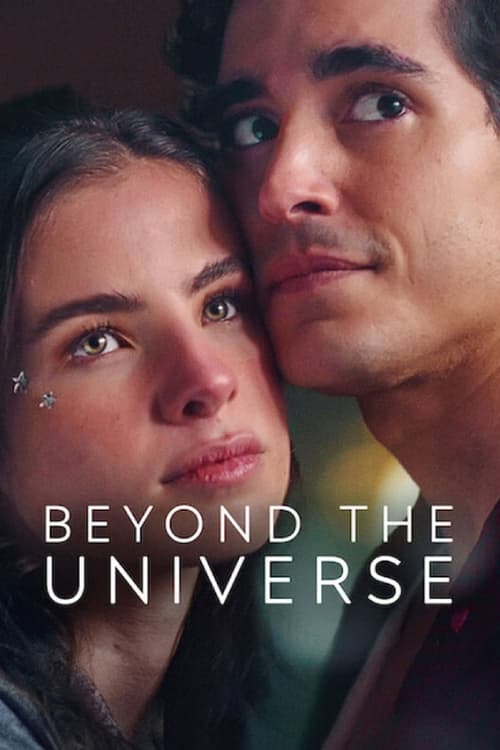
While waiting for a kidney transplant, a young pianist finds an unexpected connection with her doctor — and the courage to fulfill her musical dreams.
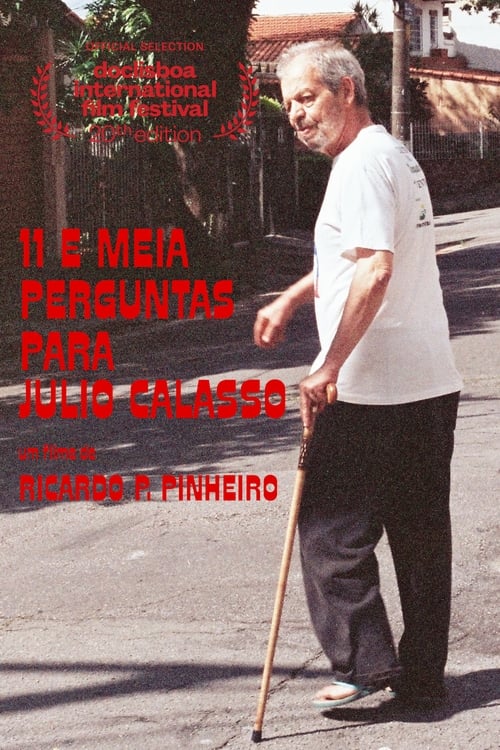
A final conversation with departed actor, director and musical producer Julio Calasso Jr., a key character in the Brazilian artistic scene. At his old house in Butantã, São Paulo, Julio talks about his experiences, frustrations, joys and tragedies.
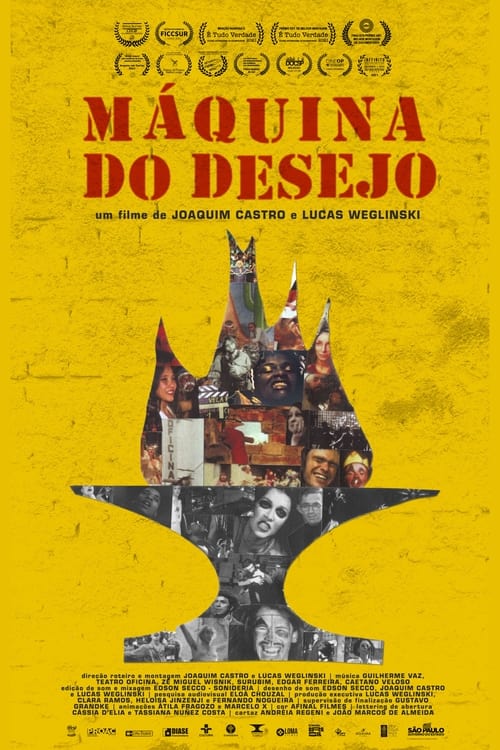
In six decades, Teatro Oficina has done more than revolutionize theatrical language in the country: the aesthetic influence of José Celso Martinez Corrêa's company extends from Tropicalism to the renewal of Brazilian audiovisual languages from the 1960s onwards. The film revisits a story that it involves personalities such as Caetano Veloso, Glauber Rocha, Lina Bo Bardi, Chico Buarque and Zé do Caixão, brings together scenic art, ecology, architecture and sexuality, and mixes art and life in the search for a Brazilian based language.
Subscribe for exclusive insights on movies, TV shows, and games! Get top picks, fascinating facts, in-depth analysis, and more delivered straight to your inbox.